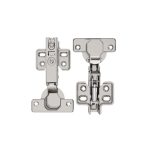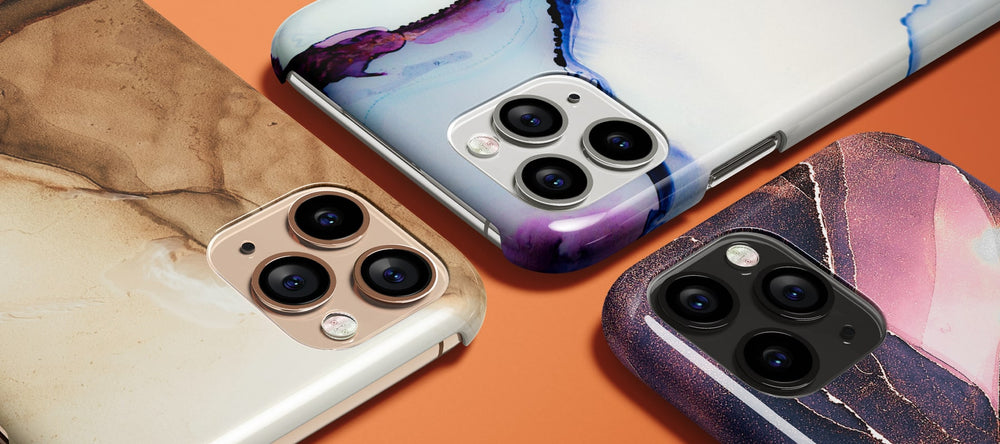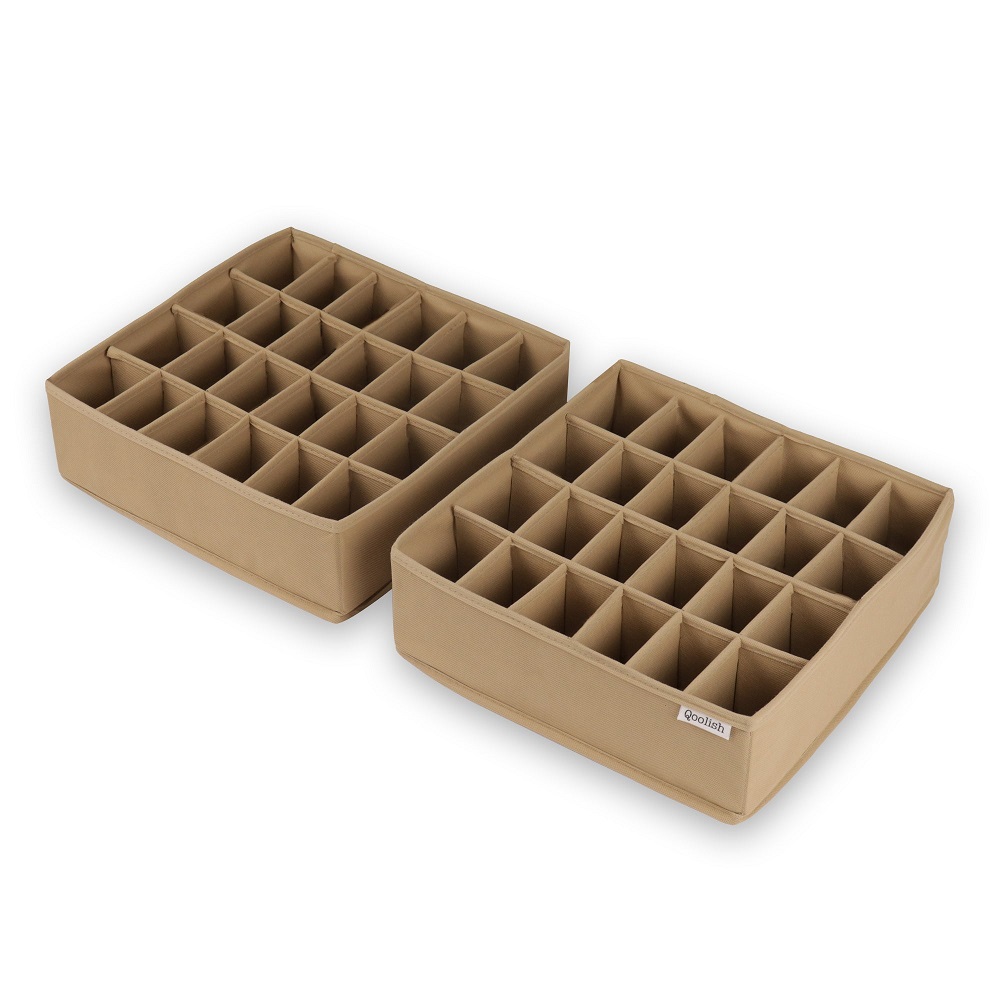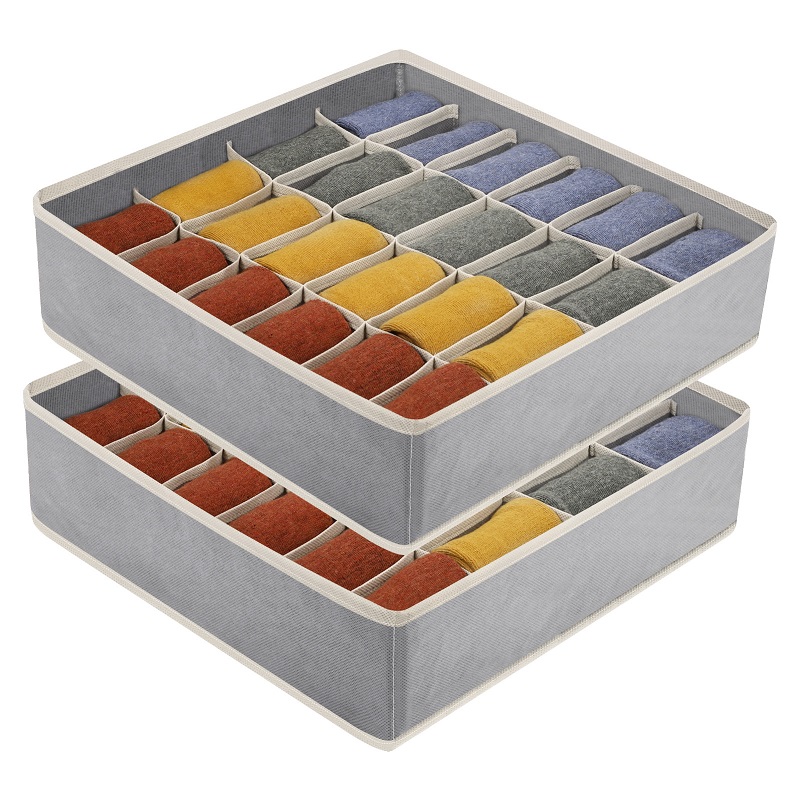Introduction: The Importance of Selecting the Right Phone Case Material
Selecting the perfect phone case is not just about style—it’s also about finding the right balance between protection, functionality, and aesthetics. One of the most crucial factors to consider when choosing a phone case is the material it’s made from. With a plethora of options available, each with its own unique properties and benefits, it can be overwhelming to make the right choice. In this comprehensive buyer’s guide, we’ll explore various phone case materials, their characteristics, and factors to consider, empowering you to make an informed decision.
1. Silicone: Flexibility and Shock Absorption
Silicone phone cases are popular for their flexibility, shock-absorbing properties, and lightweight design. Made from a soft, rubber-like material, silicone cases provide excellent grip and cushioning, reducing the risk of damage from drops and impacts. Additionally, silicone cases are resistant to scratches and offer a snug fit, providing full access to ports and buttons. However, silicone cases may attract lint and dust more easily and can discolor over time with prolonged exposure to sunlight.

2. TPU (Thermoplastic Polyurethane): Durable and Versatile
TPU is a synthetic material known for its durability, flexibility, and resistance to abrasions and tears. TPU phone cases offer a balance between protection and aesthetics, providing a slim profile while safeguarding against scratches, bumps, and falls. TPU cases are available in various finishes, including matte, glossy, and transparent, allowing you to customize your phone’s look while maintaining its integrity. However, TPU cases may yellow over time and lack the same level of shock absorption as silicone.
3. Polycarbonate: Lightweight and Impact-Resistant
Polycarbonate phone cases are constructed from a tough, lightweight plastic known for its high impact resistance and clarity. These cases offer superior protection against drops and impacts while maintaining a slim and sleek profile. Polycarbonate cases are available in a wide range of colors and designs, including transparent and patterned options. However, polycarbonate cases may be prone to scratching and can become brittle over time with repeated use.
4. Leather: Luxurious and Timeless
Leather phone cases exude elegance and sophistication, making them a popular choice for those seeking a premium accessory for their device. Genuine leather cases offer a luxurious feel, superior durability, and natural patina that develops over time, enhancing their appeal. Leather cases provide excellent protection against scratches and minor impacts while adding a touch of class to your phone. However, leather cases may require periodic maintenance to preserve their appearance, and they may be more susceptible to moisture and staining compared to synthetic materials.
5. Metal: Sleek and Rugged
Metal phone cases are prized for their sleek design, durability, and ruggedness, making them an ideal choice for users seeking maximum protection without sacrificing style. Constructed from materials such as aluminum or titanium, metal cases offer superior resistance to impacts, scratches, and bending, ensuring the safety of your device in various environments. Metal cases often feature precision engineering and attention to detail, resulting in a premium look and feel. However, metal cases may add bulk to your phone and can interfere with wireless charging or signal reception.
6. Hybrid: Combining the Best of Both Worlds
Hybrid phone cases combine multiple materials to achieve a balance of protection, style, and functionality. Common hybrid constructions include a combination of TPU and polycarbonate or silicone and leather, offering the benefits of each material while mitigating their respective drawbacks. Hybrid cases often feature reinforced corners, raised edges, and shock-absorbing layers to provide comprehensive protection against drops and impacts. Additionally, hybrid cases may incorporate additional features such as card slots, kickstands, or screen protectors for added convenience.
Conclusion: Finding Your Perfect Match
When it comes to choosing the perfect phone case material, there’s no one-size-fits-all solution. Consider your lifestyle, preferences, and priorities to determine which material best suits your needs. Whether you prioritize durability, aesthetics, or functionality, there’s a phone case material out there to match your requirements. By weighing the pros and cons of each material and considering factors such as protection level, grip, and style, you can confidently select the ideal phone case to safeguard your device and complement your personal style. With the right phone case by your side, you can enjoy peace of mind knowing that your device is protected and looking its best, no matter where life takes you.









